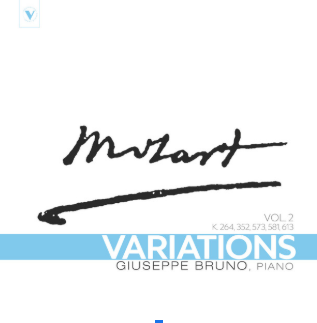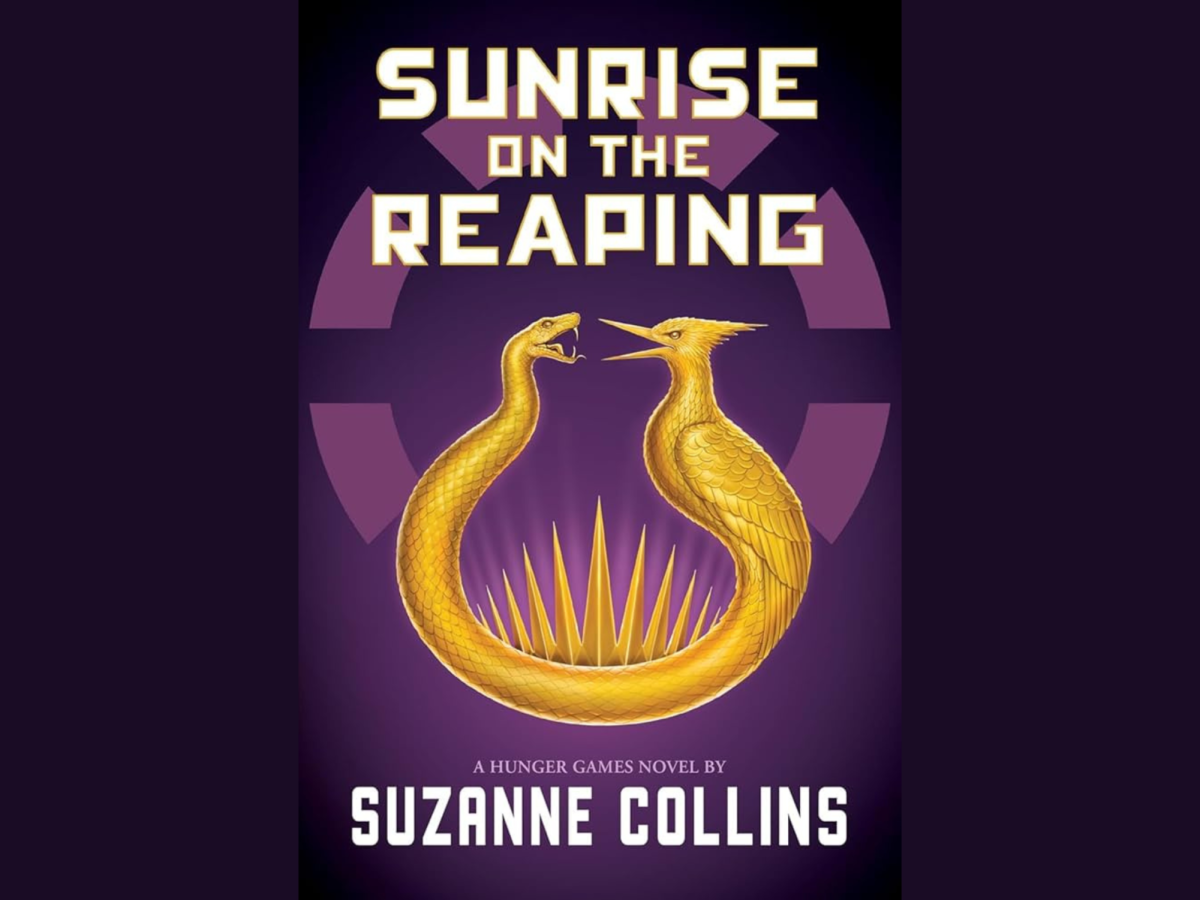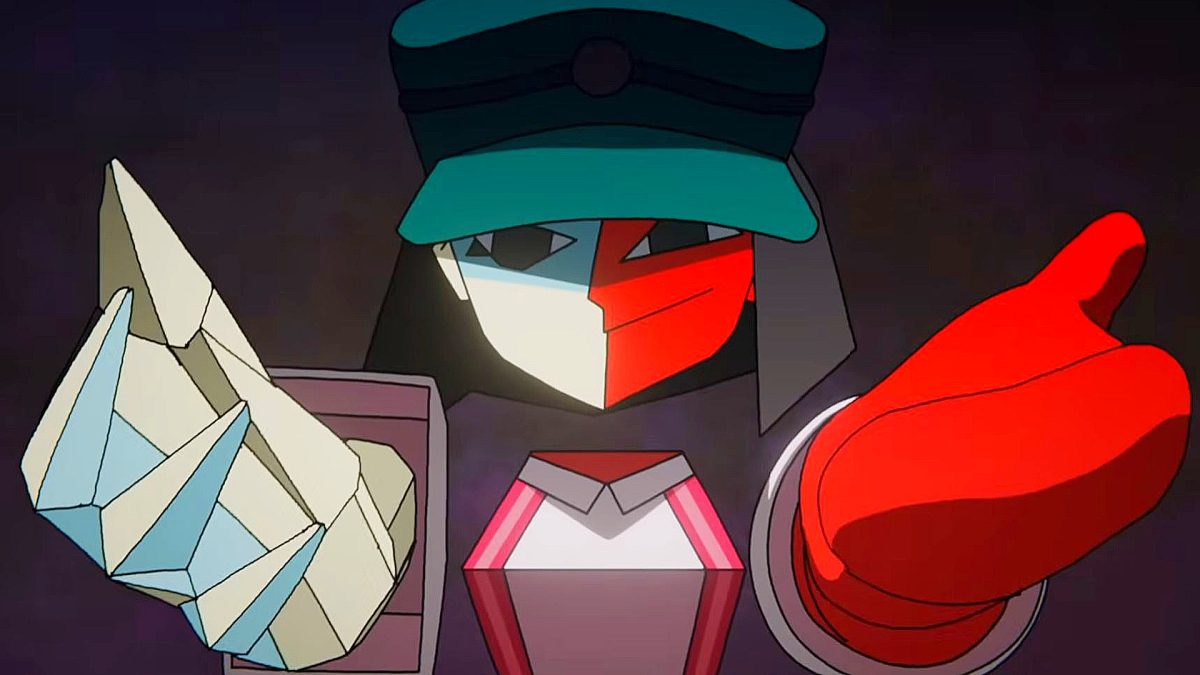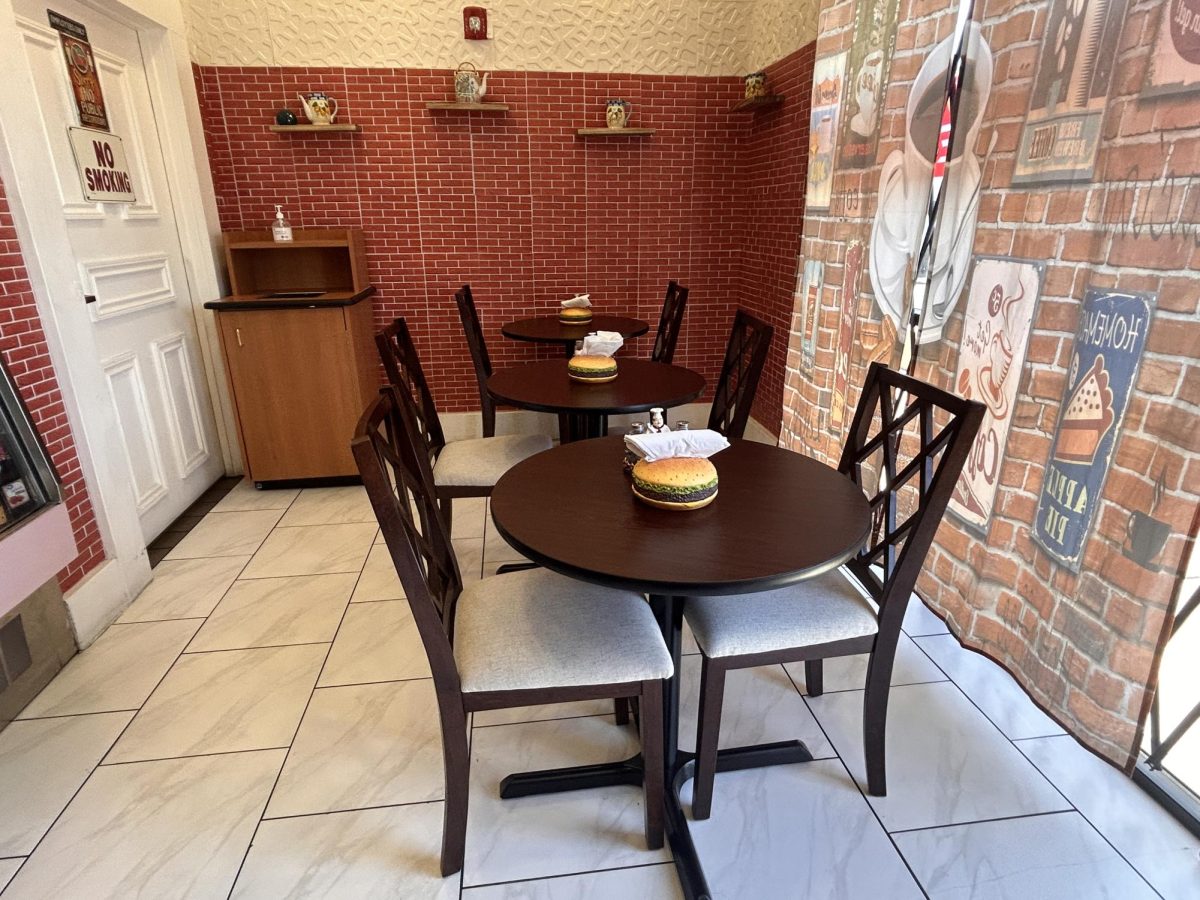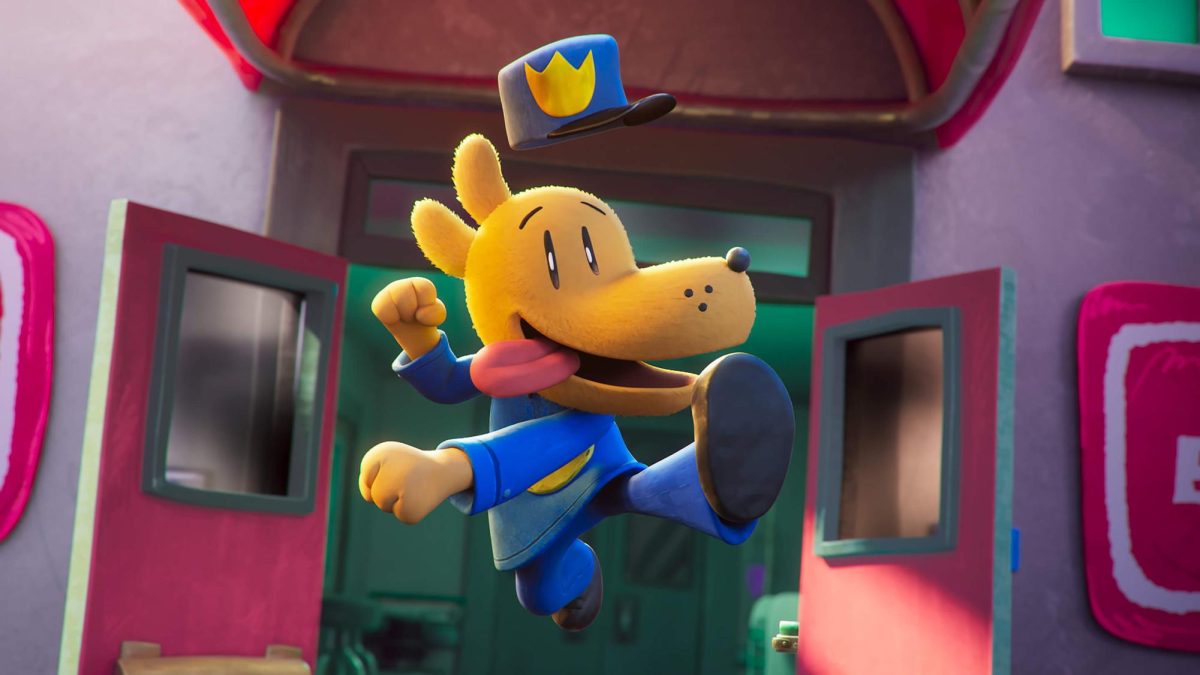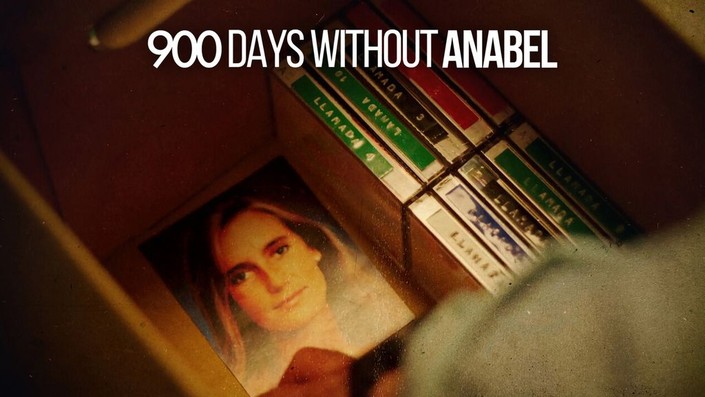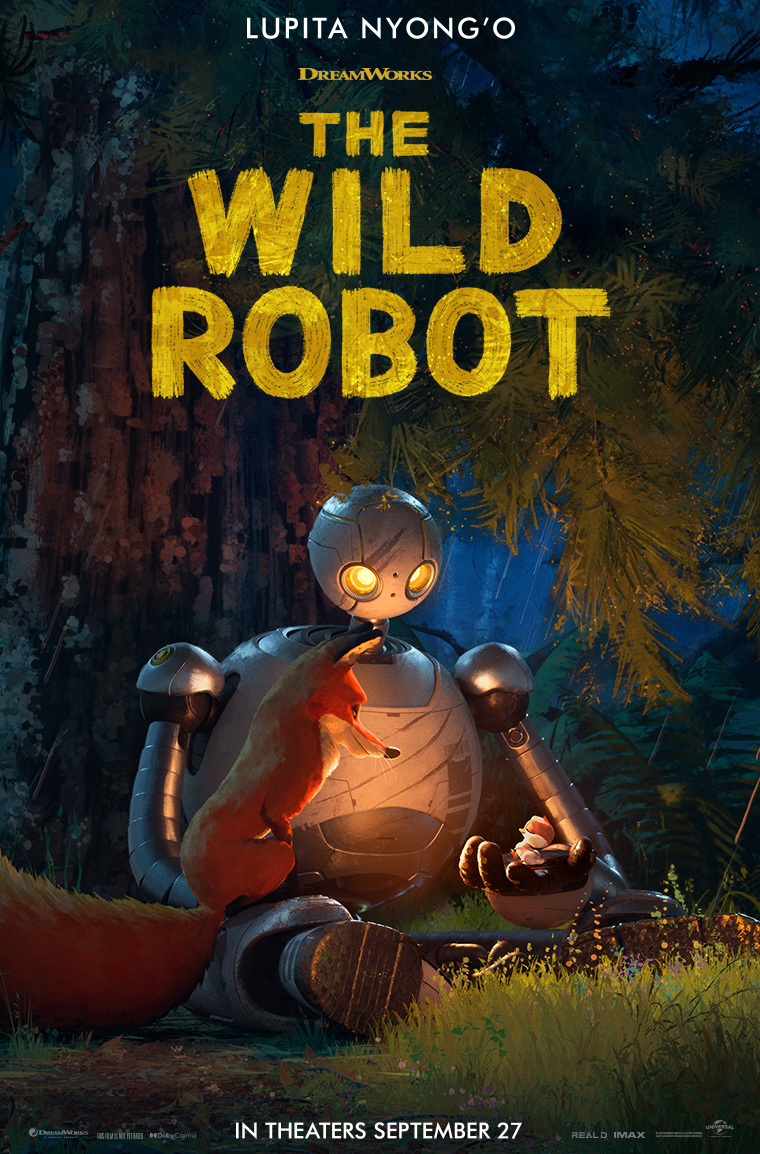Debt, deception, and destruction. Karma pulls no punches as it drags viewers into a whirlwind of choices gone wrong and consequences that hit even harder. From theorizing ways to escape loan sharks to covering up a murder, “Karma” delves into the lives of the six individuals at its mercy.
Adapted from a Webtoon of the same name, “Karma” is a mystery thriller following six characters as they navigate through their lives and the consequences of their actions that linger in their midst. While the story of “Karma” isn’t far from your common mystery thriller plot lines, it adds its own twists that make for an interesting aspect to look forward to. The drama starts each episode at a time when the crime has already occurred. For example, episode two begins with a vlogger in the mountains who eventually discovers a dead body buried in the ground. By starting with the eventual outcome, it put viewers into a situation where they could also connect the dots as the episode went on, which I thought helped to break up the monotonous and predictable plot outcomes.
At first, I was annoyed by this production choice, but over time, I grew to see that it was a crucial detail that helped to progress the story. I found myself piecing the crime together and connecting previous scenes; this helped to create a connection rather than simply watching a story be told. The unpredictability of the storyline also added to this connection aspect; just as I thought I understood how each situation occurred, a plot twist comes along to destroy the ideas that were meticulously planted in my head. Assumptions that I had deduced from hints turned out to be red herrings all along, forcing me to question even the most miniscule details.
Right off the bat, the drama had this eerie, mysterious vibe that seemed to just emanate from the screen. I assumed it was the storyline itself, but I’m not one to be easily put off by the grotesque and bizarre nature of the scenes. As I continued to watch, I realized that this feeling came from the lack of saturation within each scene that led to my uneasiness. The muted colors made each scene feel mysterious and somewhat lifeless, as if a shocking event could happen any second. This design choice also works in favor of dramatic reveals. When crucial scenes were about to come along, there would be a faint hint of the upcoming breakthrough seen in the subtle acting of the characters. However, because each scene has this uneasy feeling about it, you can’t fully predict just when something is going to be revealed or occur.
“Karma” Ratings by Kylie Chelise Dacquel
I was pleasantly surprised to see the unique styling of the characters, with half of the six being referred to based on their defining characteristics rather than their real names: The Debtor (Lee Hee-joon), Glasses (Lee Kwang-soo), and the Witness (Park Hae-soo). This naming convention is a nice switch-up that allows them to be easily identifiable and differentiates them from the other main characters. They are the most focused on throughout the drama, and the three converging plot lines spark from their actions.
The first two episodes were dedicated to one storyline each, with episode one following the Debtor and his accomplice Jang Gil-ryong (Kim Sung-kyun) and episode two following Glasses, his girlfriend Yu-Jeong (Gong Seung-yeon) and the Witness. In the following episode, the plot then jumps from one storyline to another midway through the episode at some crucial point, creating a cliffhanger until the next time where the storyline was continued.
One thing I do have to nitpick is how only five of the characters were fully introduced by the end of the second episode, and it’s at the start of episode four is where we officially meet our last character, Ju-yeon (Shin Min-a). We are initially given a hint at her storyline and connection to Yu-jeong, however, we don’t officially meet her until halfway through this six-part series. This ultimately left me feeling like it was a bit rushed, despite episode four being entirely dedicated to Ju-yeon. Her episode serves as the converging point for each of the storylines as she is the connecting factor that links all of the characters together. Instead of the outlandish actions taken by the Debtor and Glasses, Ju-yeon’s main karma stems from connections she had in her past. For such a significant character, I just wish she had been introduced a bit earlier.
Despite that one minor flaw, “Karma” has to be one of my favorite Korean dramas by far. Although K-dramas are typically associated with romance, drama, and comedy, “Karma” certainly does justice to the mystery-thriller genre. From the meticulous camera work, design choices, and storyline filled with twists and turns, this drama is not one to sleep on. To those who enjoy immersive mysteries and compelling thrillers, “Karma” may just be the one for you.


